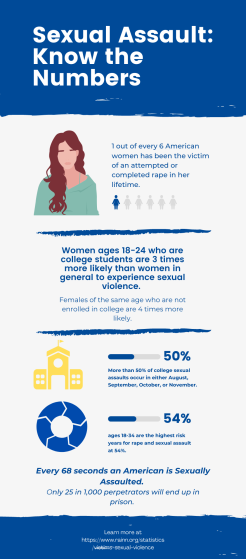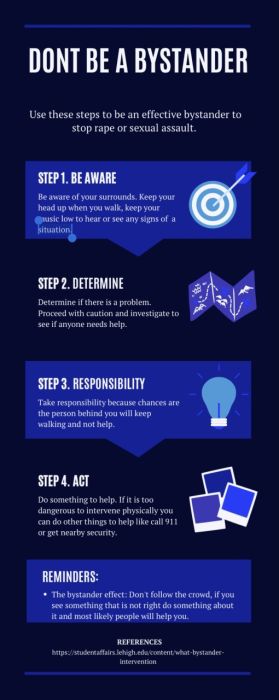*Trigger Warning: Sexual Assault*

The rape, abuse and incest national network stated that there are approximately 293,000 victims of sexual assault cases each year in the U.S., many of which are caused by someone the victims knew. To use his privilege as a white man, Jackson Katz, Cabrini’s guest speaker, looked at how he could shift the global culture of abuse to make transformative social change.
On Wednesday, Sept. 29 the Jordan Center for Children of Trauma and Domestic Violence Education at Cabrini University hosted Dr. Jackson Katz via zoom to speak about bystander intervention, the prevention of sexual assault and violence against women. During the event, Katz expressed his inspiration for the bystander movement and his movie “The Bystander Moment: Transforming Rape Culture at its Roots.”
“If people who are in a place of privilege are not using that to promote social change then our silence is compliance in social justice,” Katz said.
The global issue of rape culture consists of social norms that perpetuate a society in which sexual assault and violence against women are normalized. Historically speaking, these issues have been regarded as women’s issues, but Katz states that they are in fact a men’s issue for the reason that 99 percent of perpetrators of sexual assault are men.
Katz made it his life’s work to shift the focus from women to men and get them thinking about how they can be a part of the solution.

Katz co-founded an organization called MVP, mentors in violence prevention, which is a training program that helps to get people thinking critically about their responsibilities to themselves and others. This program allows for open dialogue regardless of race, ethnicity, gender or class and addresses how bystander intervention can be a catalyst for social change, starting within peer cultures.
The idea is to start by discussing the problems from behaviors, attitudes and beliefs around rape culture rather than the actual act of abuse. In short, focusing on actual prevention instead of risk reduction, which is typically taught to young women.
“When you talk about education before, the idea of prevention really was just risk reduction, but that whole idea of risk reduction is ingrained in some of us and I have to check myself for not thinking like that,” Colleen Lelli, director of the Jordan Center, said.
Examples like the Brock Turner sexual assault case as well as the Harvey Weinstein case have catapulted the interest in bystander intervention specifically regarding men in high profile positions. Along with the #MeToo movement, which is a social advancement against sexual assault and sexual harassment, this global movement not only seeks to highlight perpetrators but calls out the men around them for not standing up or speaking out.
“If you let something slide you settle with it, but if you take action you can make more change than you think,” Joshua Jones, junior communications major, said.
Rape culture is not only about the actual act of abuse, but the social norms that have been perpetuated for many years and whose origins lie within the cultural aspects of gender norms. According to The Conversation, it is these norms that confirm the idea of men being the sexual pursuer and women being sexual conquests which leads to further objectification against women. For example, the idea of “boys will be boys” is just another way to deflect the blame from men onto women in our society. It is also the idea that from a young age girls are taught ways to avoid being assaulted rather than teaching men not to assault women.

“Rape culture is 100 percent a problem that needs to be dealt with head-on and you can not just keep sweeping it under the rug,” Grace Magill, senior liberal studies major, said.
During Wednesday’s event, Katz mentions that if the bystander approach is implemented in mainstream education and various training and is done effectively, it can give people a way to break their silence and gives them the tools to enact change. When people in positions of privilege are able to challenge these social norms and acts of abuse by members of their own peer cultures at the moment and not just after the fact, is when the real systematic change will happen.
“When we talk about bystander intervention in today’s world, yes it is sexual assault, yes it is dating and domestic violence, ableism and racism. It is all of these things. It is being a good bystander no matter what,” Lelli, director of the Jordan Center, said.
For more information on ways to get involved and advocate for victims of domestic violence on campus at Cabrini check out The Barbara and John Jordan Center for Children of Trauma and Domestic Violence Education




